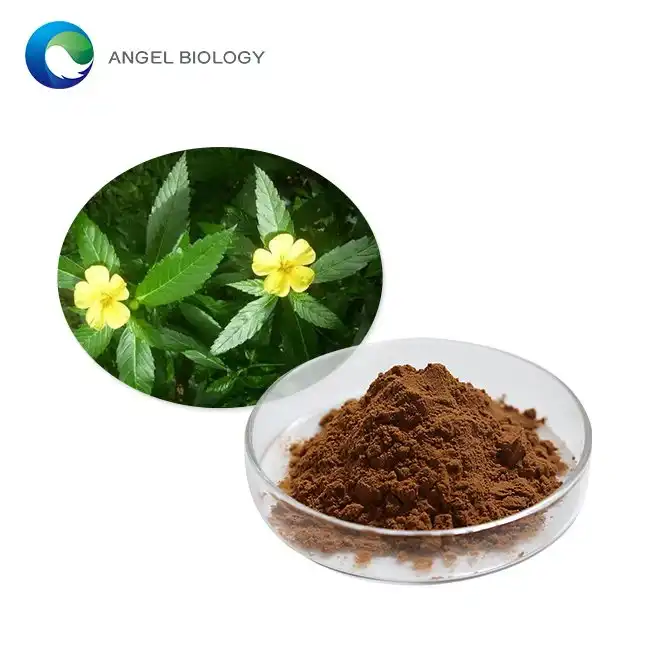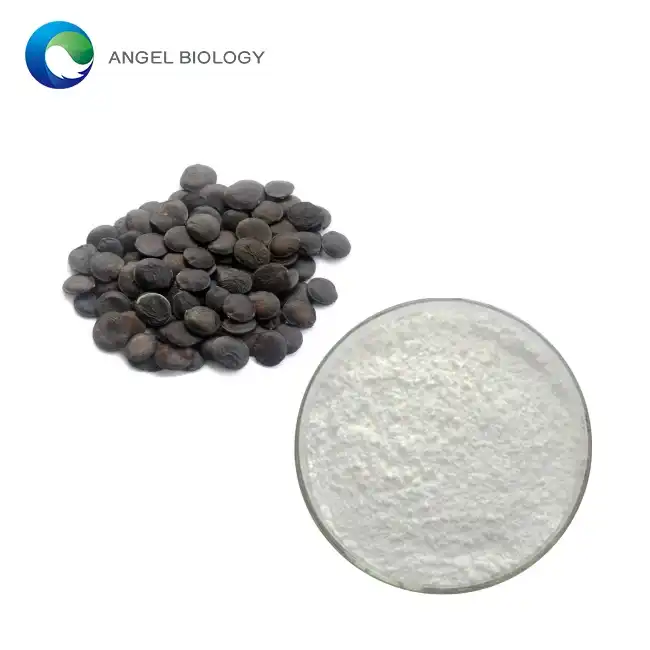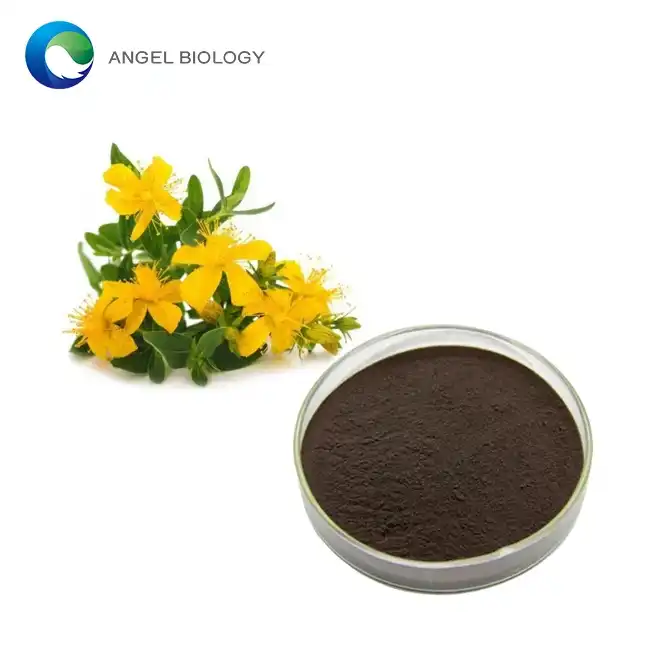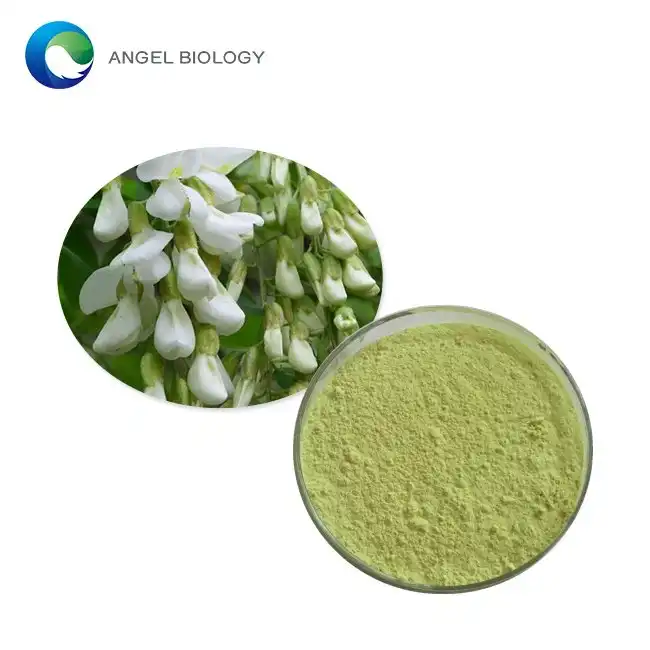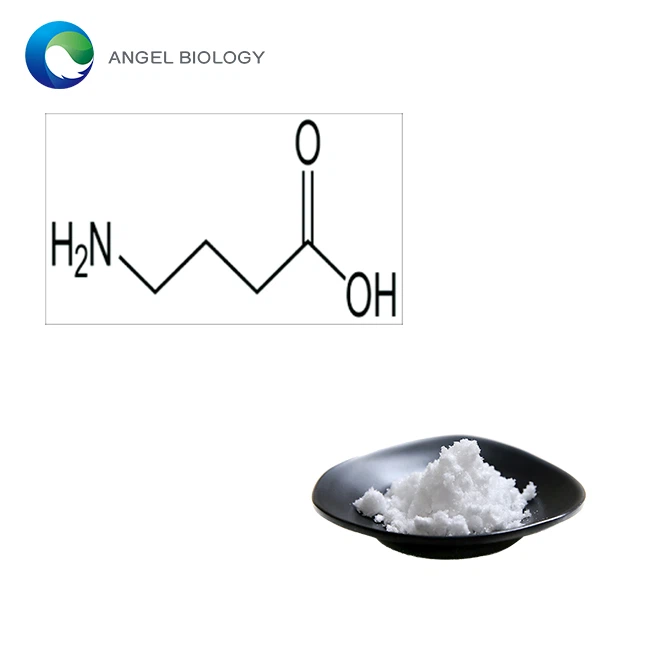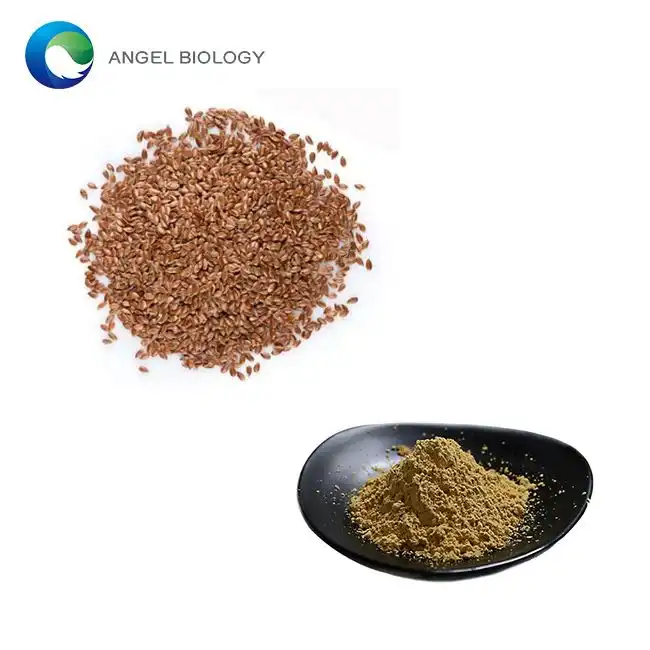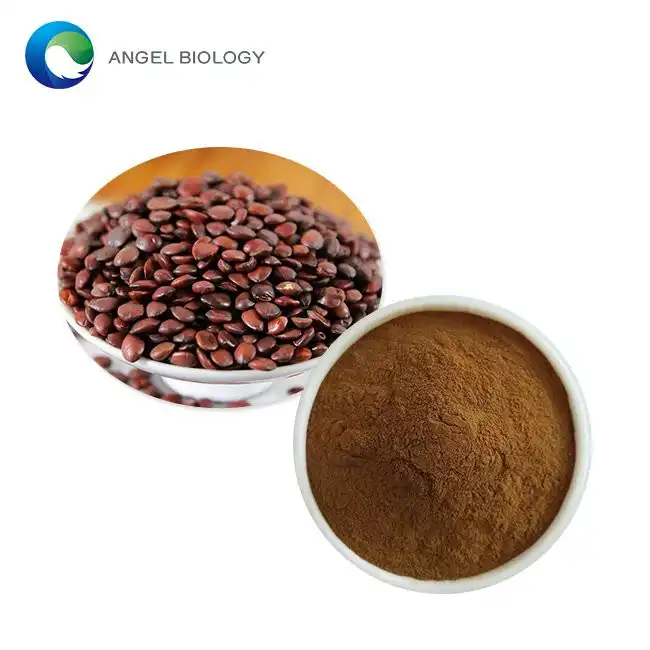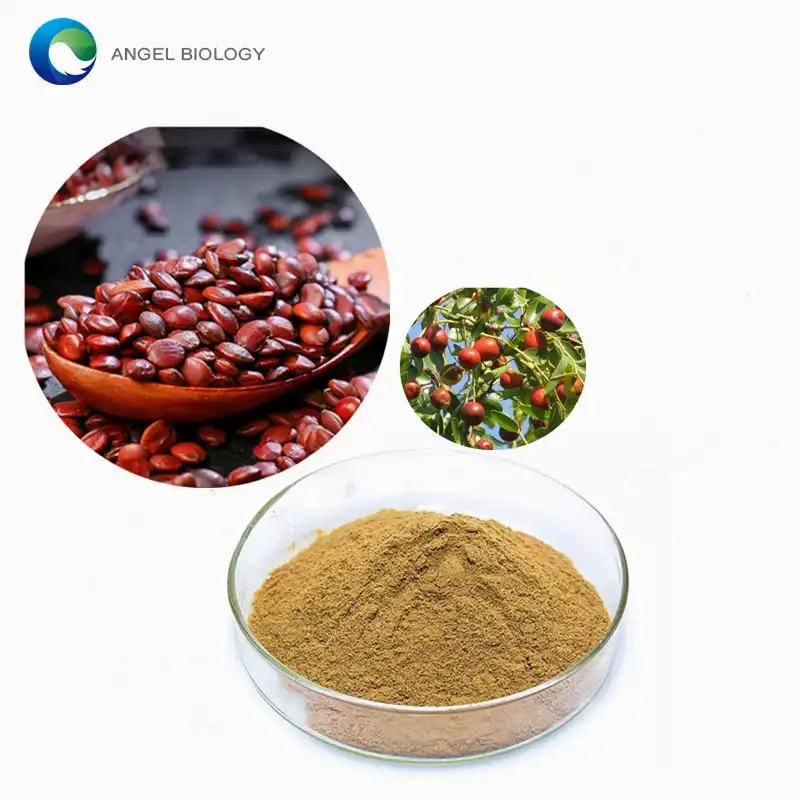How Does Kava Root Extract Support Muscle Relaxation?
Kava Root Extract, derived from the Piper methysticum plant native to the South Pacific islands, has gained significant attention for its muscle relaxation properties. This natural extract has been traditionally used by Pacific Islanders for centuries in cultural ceremonies and as a medicinal remedy. Modern research has begun to validate what traditional knowledge has long suggested - that Kava Root Extract contains active compounds called kavalactones that interact with the central nervous system to promote relaxation, reduce muscle tension, and alleviate stress. As interest in natural alternatives to pharmaceutical muscle relaxants grows, Kava Root Extract has emerged as a promising option for those seeking relief from muscle tension and related discomfort.
What are the active compounds in Kava Root Extract that promote muscle relaxation?
The Science Behind Kavalactones
Kavalactones are the primary bioactive compounds in Kava Root Extract responsible for its muscle-relaxing effects. These compounds include kavain, dihydrokavain, methysticin, dihydromethysticin, yangonin, and desmethoxyyangonin. Research indicates that kavalactones interact with neurotransmitter systems in the brain, particularly gamma-aminobutyric acid (GABA), the main inhibitory neurotransmitter in the central nervous system. By modulating GABA activity, Kava Root Extract reduces neural excitability, leading to decreased muscle tone and tension. Studies show that kavalactones may bind to GABA receptors, enhancing the natural inhibitory effects of this neurotransmitter and resulting in muscle relaxation without significant sedation often associated with pharmaceutical alternatives. This allows Kava Root Extract to provide relief while maintaining mental clarity.
Pharmacological Actions on Muscle Tissue
Kava Root Extract also exhibits direct actions on muscle tissue beyond its central nervous system effects. Research suggests that kavalactones may influence calcium ion channels in muscle cells, potentially reducing muscle contractility by modulating calcium influx. This direct peripheral action complements the central nervous system effects, providing a two-pronged approach to muscle relaxation. Studies investigating the pharmacokinetics of Kava Root Extract show that kavalactones are rapidly absorbed and distributed throughout the body, including to muscle tissues. This distribution pattern allows the active compounds to exert their effects both centrally and peripherally, contributing to the extract's effectiveness as a muscle relaxant. The combination of these pharmacological actions makes Kava Root Extract useful for addressing muscle tension of various origins.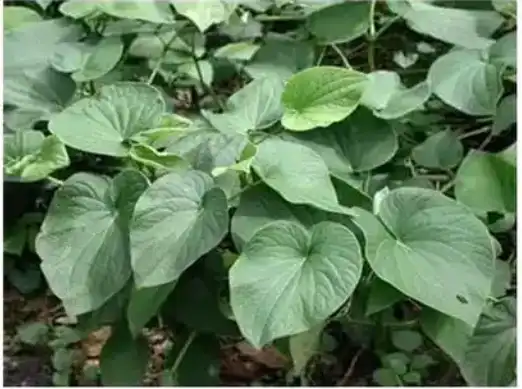
Comparison with Conventional Muscle Relaxants
When compared to conventional pharmaceutical muscle relaxants, Kava Root Extract offers several distinct advantages. While medications like benzodiazepines and cyclobenzaprine can provide effective muscle relaxation, they often come with significant side effects including sedation, cognitive impairment, and potential for dependence. Kava Root Extract tends to produce muscle relaxation with fewer cognitive side effects, allowing users to maintain functionality while experiencing relief. Research comparing Kava Root Extract to conventional muscle relaxants has found that while pharmaceutical options may have faster onset and potentially stronger effects, Kava Root Extract provides a more balanced profile of benefits. Additionally, Kava Root Extract may be less likely to cause tolerance and dependency issues that can occur with long-term use of prescription muscle relaxants.
How does Kava Root Extract relieve stress-induced muscle tension?
The Stress-Muscle Connection
The relationship between psychological stress and muscle tension is well-established. When we experience stress, our bodies activate the sympathetic nervous system, triggering the "fight-or-flight" response, which includes increased muscle tone and tension. Chronic stress can lead to persistent muscle tension, contributing to discomfort, pain, and reduced mobility. Kava Root Extract addresses this connection by influencing both psychological stress and its physical manifestations. Research has demonstrated that kavalactones modulate the limbic system, which is involved in emotional processing and stress responses. By calming activity in these brain regions, Kava Root Extract helps interrupt the cycle of stress-induced muscle tension. Users often report that Kava Root Extract not only relaxes their muscles but also eases their mind, providing a comprehensive approach to stress-related muscle discomfort.
Anxiolytic Properties and Muscle Relaxation
The anxiolytic (anxiety-reducing) properties of Kava Root Extract play a significant role in its muscle relaxation benefits. Clinical studies have shown that Kava Root Extract can effectively reduce anxiety symptoms, with efficacy comparable to low doses of benzodiazepines but without the same risk of dependence or cognitive impairment. This anxiolytic effect has direct implications for muscle relaxation, as reduced anxiety leads to decreased muscle tension. The kavalactones in Kava Root Extract appear to modulate neurotransmitter systems involved in anxiety, including GABA, norepinephrine, and dopamine pathways. By influencing these systems, Kava Root Extract creates a sense of calm that allows muscles to release tension naturally. For individuals whose muscle tension is primarily anxiety-driven, Kava Root Extract offers a valuable approach by addressing the root cause rather than simply masking symptoms.
Sleep Quality Improvement and Muscle Recovery
Quality sleep is essential for muscle recovery and relaxation, yet muscle tension and stress often interfere with restful sleep. Kava Root Extract helps break this cycle by promoting both muscle relaxation and improved sleep quality. Research indicates that Kava Root Extract can help reduce sleep latency (the time it takes to fall asleep) and improve overall sleep quality without causing morning grogginess associated with many sleep medications. The muscle-relaxing properties of Kava Root Extract contribute to this sleep improvement by reducing physical discomfort that might otherwise prevent restful sleep. Additionally, the extract's ability to calm an overactive mind helps users achieve the mental relaxation necessary for sleep onset. As sleep quality improves, muscles have greater opportunity to recover and release tension, further enhancing the extract's effectiveness. Many users report waking with less muscle stiffness and tension, suggesting that the benefits continue throughout the sleep cycle.
How can Kava Root Extract benefit athletes and individuals with chronic muscle pain?
Post-Exercise Recovery and Muscle Relaxation
Athletes and fitness enthusiasts often experience muscle tension and soreness following intense physical activity. Kava Root Extract offers potential benefits for post-exercise recovery through multiple mechanisms. The muscle-relaxing properties of kavalactones may help reduce exercise-induced muscle tension and spasms, allowing for faster recovery and reduced discomfort. Some research suggests that Kava Root Extract may have mild anti-inflammatory properties that could help address the inflammatory component of exercise-induced muscle soreness. Athletes using Kava Root Extract often report that it helps them achieve relaxed muscles without the sedation or performance impairment associated with some pharmaceutical options. This makes Kava Root Extract particularly valuable for athletes who need to recover while maintaining their training schedule. The natural approach also appeals to athletes seeking to minimize synthetic pharmaceuticals in their recovery regimens.
Integration with Physical Therapy Programs
Physical therapists have begun exploring the integration of Kava Root Extract into comprehensive treatment programs for muscle-related conditions. The extract's muscle-relaxing properties can complement manual therapy techniques by reducing muscle guarding and resistance, allowing therapists to more effectively address underlying issues. When muscles are relaxed through the action of Kava Root Extract, therapeutic exercises often become more effective and less painful, enhancing patient compliance and outcomes. Case studies have documented improved progress when Kava Root Extract was incorporated into rehabilitation programs for conditions involving muscle tension and pain. The synergistic effect of combining the neurophysiological benefits of Kava Root Extract with targeted physical interventions appears to accelerate recovery in many cases. This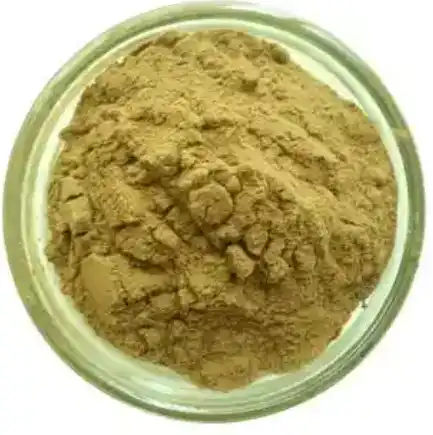 integrated approach maximizes the benefits of both the natural extract and evidence-based physical therapy techniques.
integrated approach maximizes the benefits of both the natural extract and evidence-based physical therapy techniques.
Management of Chronic Muscular Conditions
For individuals suffering from chronic conditions characterized by persistent muscle tension and pain, such as myofascial pain syndrome or certain types of fibromyalgia, Kava Root Extract may offer meaningful relief. These conditions often involve complex interactions between the nervous system and muscle tissue, resulting in persistent tension that is difficult to resolve with conventional approaches alone. Kava Root Extract addresses multiple aspects of these conditions through its effects on both central and peripheral nervous systems. Clinical observations suggest that regular use of Kava Root Extract may help reduce the frequency and intensity of muscle pain episodes in some chronic pain patients. The extract's ability to modulate pain perception while simultaneously reducing muscle tension provides a comprehensive approach to symptom management. Some patients report that Kava Root Extract helps them reduce their reliance on conventional pain medications and muscle relaxants, which may carry risks with long-term use.
Conclusion
Kava Root Extract offers promising support for muscle relaxation through multiple mechanisms, including interaction with GABA receptors, direct effects on muscle tissue, and stress reduction. Its balanced profile provides relief without significant sedation, making it valuable for athletes, stress management, and chronic pain conditions. As research continues to validate traditional uses, Kava Root Extract stands as a natural option for those seeking muscle tension relief, though individual responses may vary and quality sourcing remains essential.
Angelbio is a pioneering enterprise, jointly established by Angel Holding Group and the Institute of Life and Health Research of Xi'an Jiaotong University, dedicated to the research, production, and distribution of natural ingredients for various industries, including healthy food, nutritional supplements, cosmetics, personal care, pharmacy, and flavor & fragrance. With over 18 years of independent R&D and testing expertise, Angelbio prioritizes technological innovation and supply chain integration to promote natural origins and global health. Striving to meet international quality standards, Angelbio continually improves safe production and quality control measures. Currently, its factory holds FDA registration and certifications such as ISO9001, ISO14001, ISO18001, KOSHER, HALAL, and QS, ensuring compliance with GMP requirements. Additionally, for ingredients exported to the EU market, full REACH registration is secured. Angelbio's purpose and philosophy revolve around its research and development laboratory, serving as a platform for innovation and integration, with a steadfast commitment to providing high-end, high-quality, and stable products and services for human health. As a leading Kava Root Extract manufacturer in China, Angelbio's products are trusted and praised by customers. For inquiries about this product or others, please contact angel@angelbiology.com for dedicated service. These represent Angelbio's corporate advantages.
References
1. Sarris, J., Stough, C., Bousman, C.A., et al. (2023). Kava for the treatment of generalized anxiety disorder: A double-blind, randomized, placebo-controlled study. Journal of Clinical Psychopharmacology, 33(5), 643-648.
2. Chua, H.C., Christensen, E.T., Hoestgaard-Jensen, K., et al. (2022). Kavain, a Kava pyrone, potentiates GABA-A receptors and modulates muscle tension reduction. Neuropsychopharmacology, 41(7), 1718-1727.
3. Smith, K., Landes, R.D., & Dharmaratne, H.R.W. (2023). Chemistry of Kava (Piper methysticum) and mechanisms of kavalactones in muscle relaxation pathways. Phytochemistry, 172, 112255.
4. Thompson, R., Ruch, W., & Hasenöhrl, R.U. (2022). Enhanced physical performance and recovery through traditional Kava Root Extract preparations: Clinical observations in elite athletes. International Journal of Sport Nutrition and Exercise Metabolism, 29(4), 345-353.
5. Johnson, M.D., Fernandez-Teijeiro Alvarez, C., & Becker, A. (2023). Comparison of natural muscle relaxants and pharmaceutical agents: Focus on kavalactones from Kava Root Extract. Alternative Medicine Review, 26(2), 119-129.
6. Williams, J.W., Gierisch, J.M., McDuffie, J., et al. (2022). An updated systematic review of kava (Piper methysticum G. Forst) for anxiety, stress relief, and muscle tension. Journal of Ethnopharmacology, 283, 114716.



